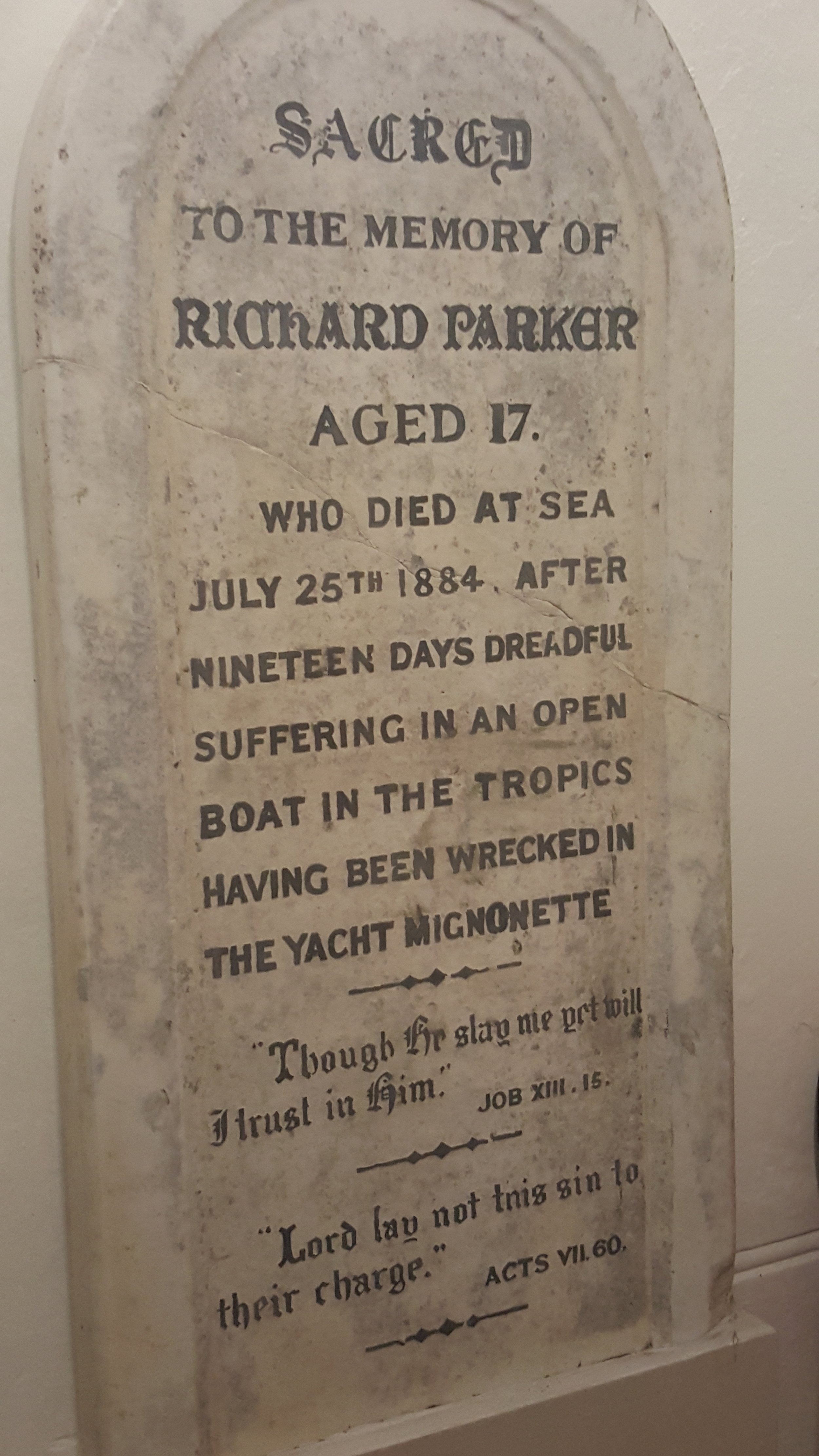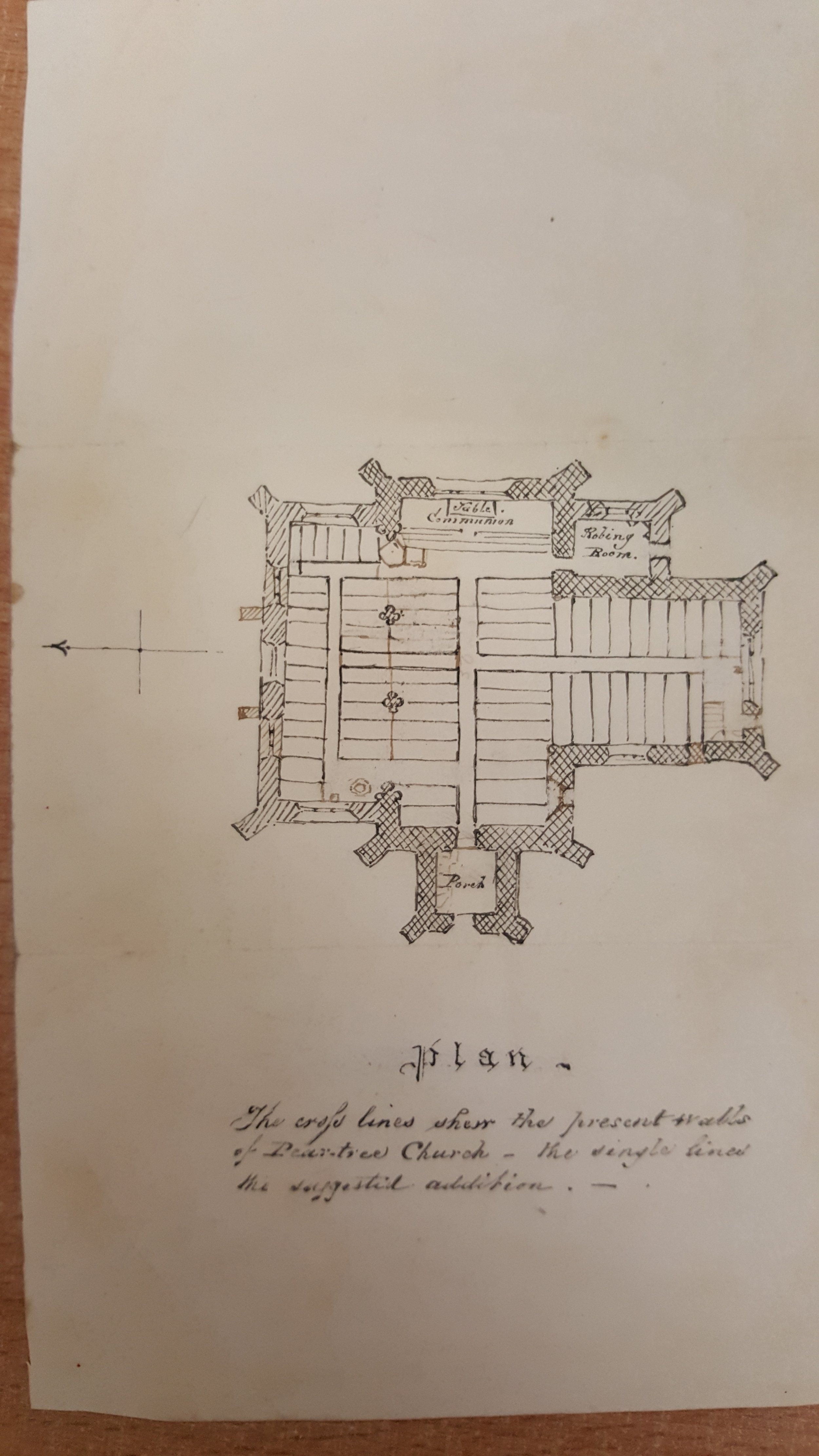From its peaceful position close to the eastern bank of the River Itchen, Pear Tree’s influence and intrigue stretch far wider than first jumps out to the eye. In fact, the Church represents the oldest place of worship anywhere in the world to have been intentionally constructed as a seat of the Anglican faith (rather than converted from use as a Catholic site, for example). What’s more, the sermon written for its consecration has gone on to have a worldwide impact, acting as the template for every service since conducted to inaugurate Anglican churches worldwide. Join us to hear how, and why this came to be.
Stepping back from the grand and the global, there’s also a wealth of local history to discover in Pear Tree’s own story. In this episode, we’ll hear how the church has played a role in reflecting the ups and downs of its host city over the last four hundred years. Its roots were simple – though there’s rumour of a royal sapling somewhere along the way – and tell a story of a small community at the edge of a great maritime centre. Yet, over time, Pear Tree profited from growth, reinvention and the city’s evolution first into a bathing station and then a spa town at the heart of global merchant networks. Its fabric tells this story in their gradual aggrandisement.
Nonetheless, there’s also a darker side to the site- a sorry tale of the sea and struggle for life. Within the Church’s walls lies a monument to one of Southampton’s young sons shipwrecked, killed by cannibals and eventually commemorated in the well-known novel The Life of Pi. This is no simple story - maritime tradition, family love and the history of English law are all woven within. Listen in for more.
WARNING: This episode includes references to cannibalism, which some users my find disturbing.
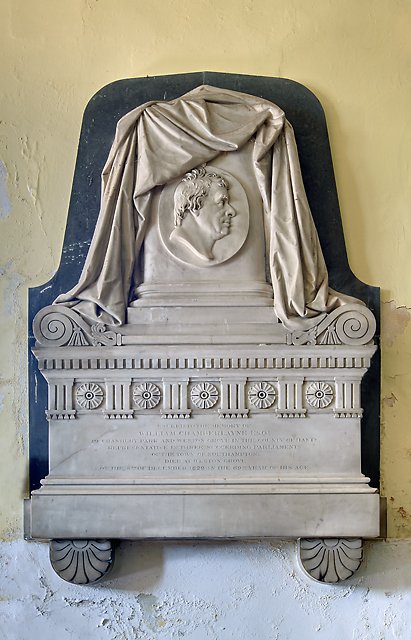
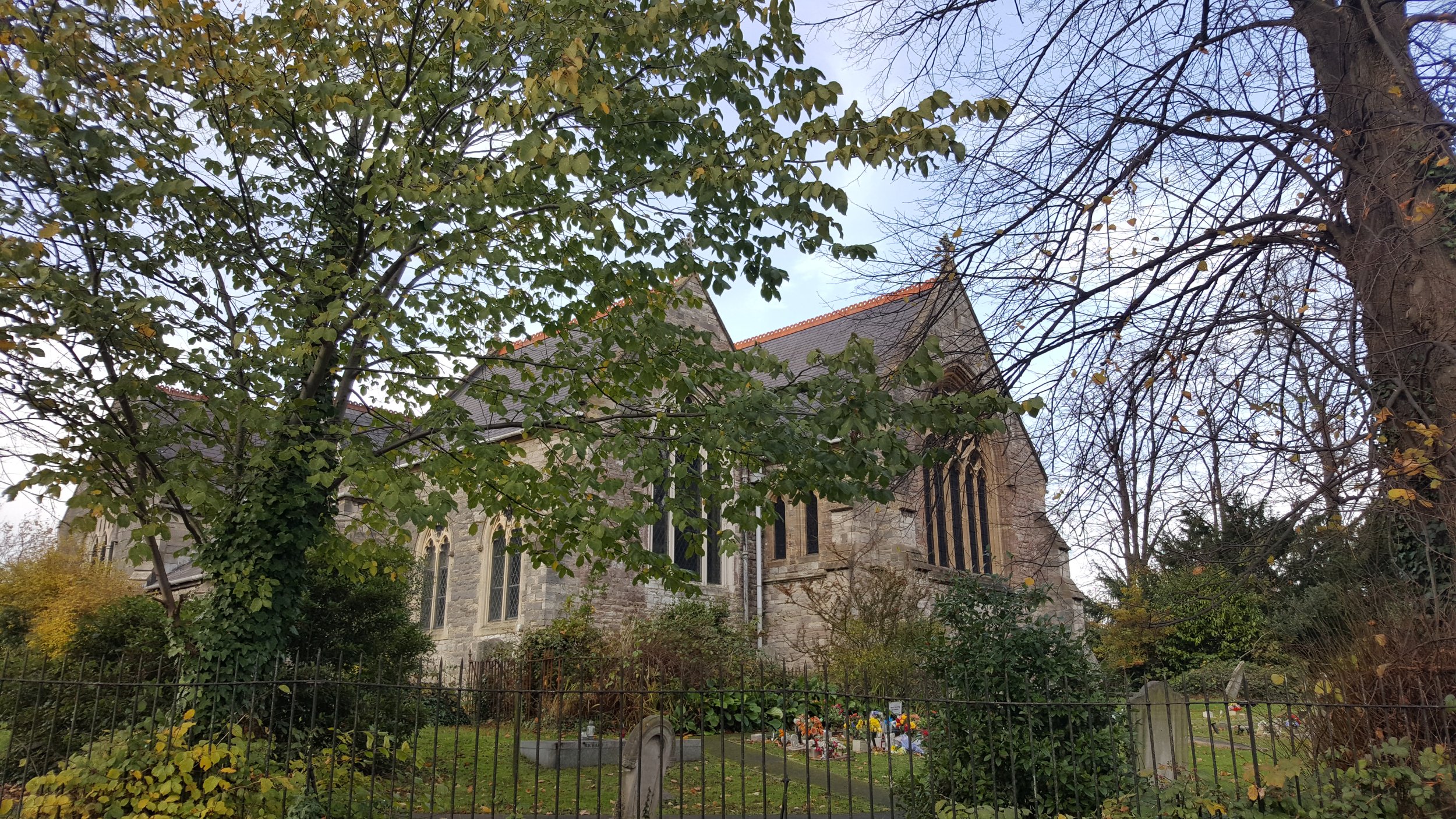
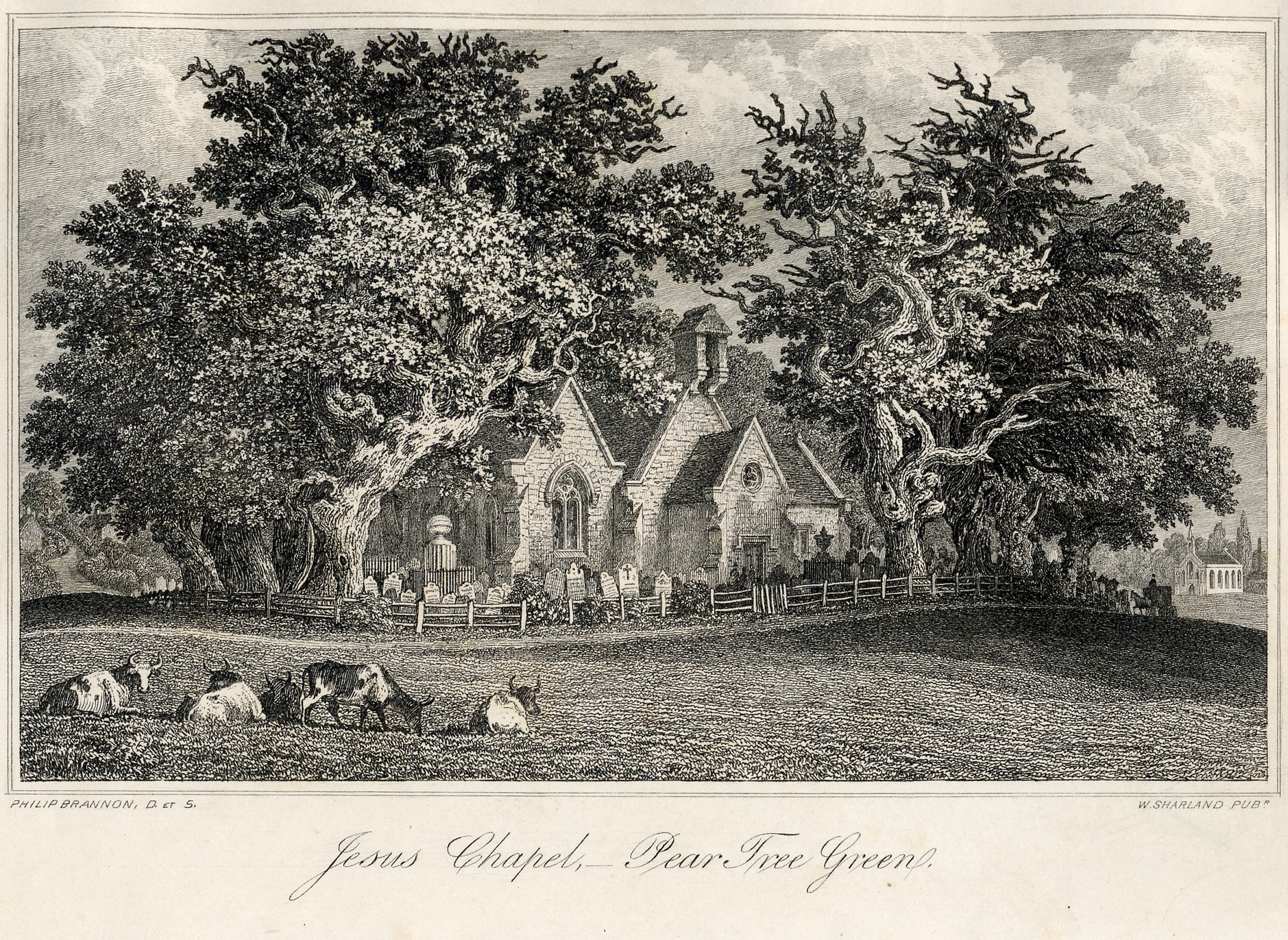
Dr Cheryl Butler
Dr Cheryl Butler holds degrees in history from the Universities of Winchester and Southampton and is a Fellow of the Royal Historical Society, Fellow of the Royal Society of Arts, and Honorary Fellow of the University of Winchester. She is a member of the editorial board for the Southampton Records Series and the Hampshire Papers and a trustee of the Hampshire Archives Trust. She has published a number of books and papers which have drawn upon the archives from the Southampton Records office and Hampshire Archives including three Southampton Records Series volumes
Dr Butler is currently working on The Southampton People Project 1485-1603 - a free-to-use database that holds biographies of all known persons who lived in Tudor Southampton and currently has 20,500 entries. She is also editing further works under the aegis of the Southampton Records Series and researching a new book on the East India Company families of Southampton Spa. More broadly, Cheryl runs a volunteer palaeography group that transcribes sixteenth-century documents and is a published novelist: her The Theatre of the World is set in Elizabethan England and is based on original material from Southampton town archives.
Further Information and Additional Links
You might like to visit the website of Pear Tree Church for more information on its history, including an excellent series of recorded talks on specific angles of its past. The website also contains useful information on visiting hours, in case you’d like to pop down for a look yourself: https://www.peartreechurch.org.uk/
You can find out more about Cheryl Butler’s work on her website, at www.cherylbutler.co.uk.
